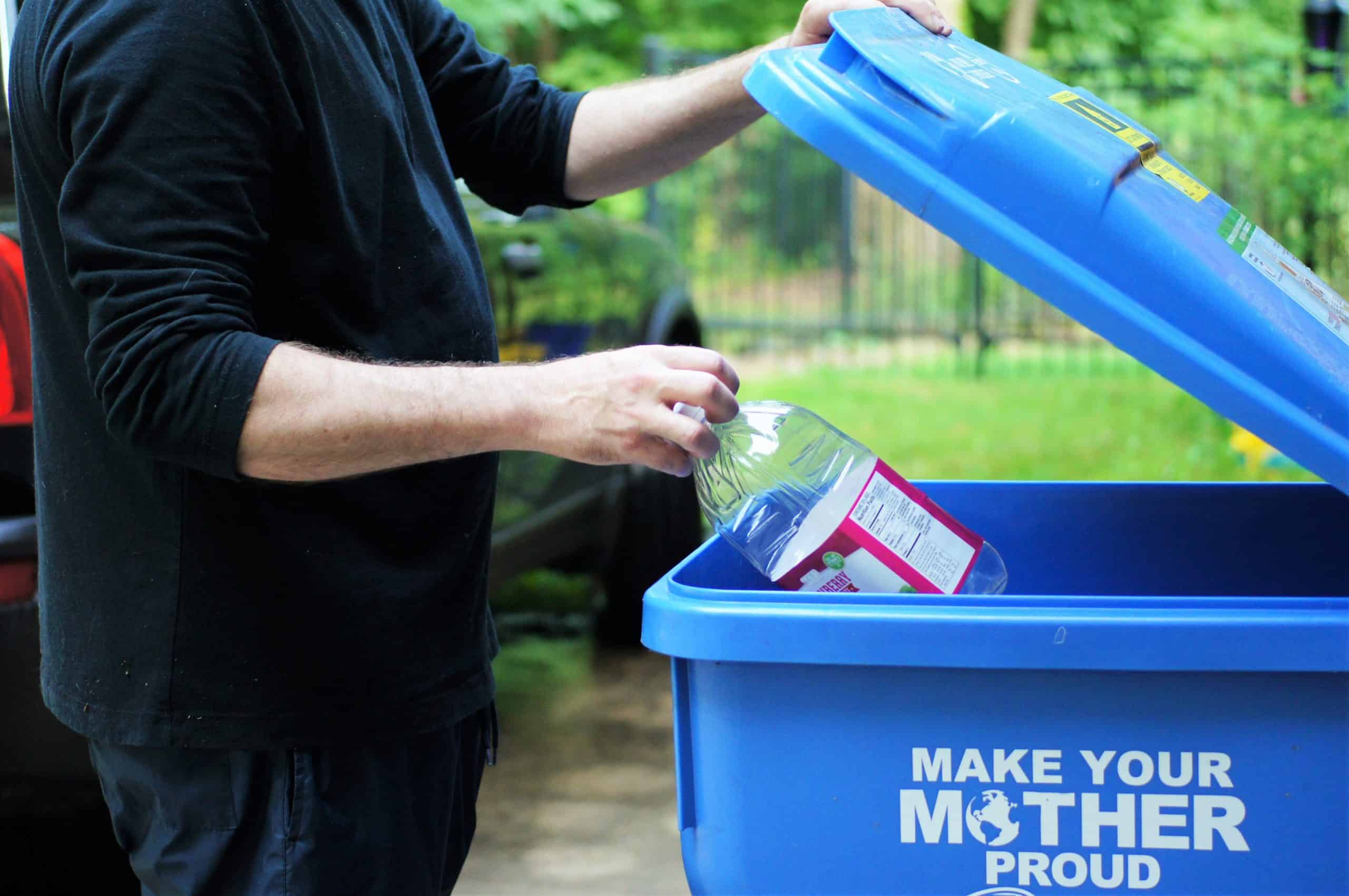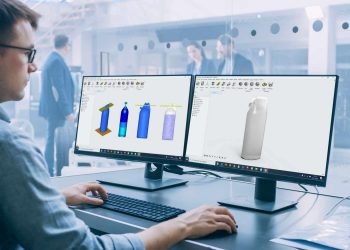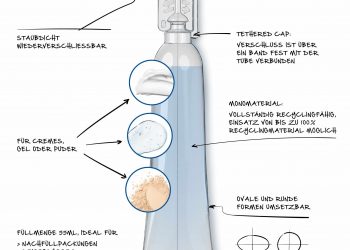The cost of recycled PET in Europe have shot up 103% to EUR 1,690 per ton since January 2021, and recently overtook that for the virgin equivalent. The demand is driven largely by drink manufacturers who will need to include 25% plastic content in their bottles by 2025.
Back here in India, the draft EPR Policy released by the Ministry of Environment, Forests and Climate Change in October 2021 mandates use of at least 30% recycled content in rigid packaging in 2023 going to 60% in 2026.
Most observers call the draft policy over ambitious and unrealistic. It is often ridiculed when comparing with similar policies in European countries who have a history of at least 30 years in systematic collection, sorting, recycling, and Extended Producer Responsibility regime.
Leapfrogging
India has leapfrogged in multiple technologies over the past three decades. An entire generation in India never owned or operated a desktop or laptop PC and now uses the most advance mobile phones at par, or at times, even more advanced than their peers in the west.
Likewise, if implemented well, the EPR and Plastic Waste Management Policy could see India leapfrog in the recycling technologies at par with countries in Europe and America.
Bottle-to-yarn versus bottle-to-bottle
More than 75% waste PET in India is consumed by Reliance Industries alone for textile applications. The debate is on whether this by itself is sustainable or should the government push for bottle-to-bottle recycling to promote ‘Circular Economy’ in its true sense.
The government, for one, seems quite determined to go through with the regulation with ambitious targets on use of recycled content.
Challenges and Opportunities
Bottle-to-Bottle recycling comes with its own challenges and brings business opportunities too. The MOEFCC cannot regulate and mandate use of recycled content in isolation. Two other important accreditation bodies, i.e., the Food Safety and Standards Authority of India (FSSAI) and Bureau of Indian Standards (BIS) must come on the same page and release a joint standard for quality certification for use of rPET in food applications, free of any contaminants.
Secondly, we do not have the infrastructure that supports bottle-to-bottle recycling. Some recycling companies and startups have recently put up the first few plants, but by no means enough for the demand that the new regulation could generate in the country. The bottle-to-bottle mechanical recycling requires a state-of-the-art equipment with a greater focus on washing and cleaning.
In addition to recycling, the brands also need to put in place dedicated take-back systems such as door-to-door collection and reverse vending machines to ensure collection of clean post-consumer plastic waste, free of impurities.
All above challenges put together could potentially be a shot in the arm for the Plastic Waste Management and recycling industry in India, seeing quick installation of large recycling facilities with cutting edge technology producing high quality recyclates. Likewise, Waste Management Agencies could see opportunities to offer solutions beyond EPR, i.e., customized take-back solutions for brands.
Managing Director, Landbell GFS India
Saurabh has master’s in electrical engineering and MBA in Marketing from University of California, Irvine. He has worked in various Engineering and Marketing capacities for national and international organizations in India and America.
He headed the Solid Waste Management business at Excel Industries Limited Mumbai where he was responsible for business development and overall management. He played a key role in launching the brand MobiTrash for waste management in India. He has actively participated and led industry associations to interface with the government.
Landbell GFS provides EPR and waste management advisory services to brands and governments in India.







